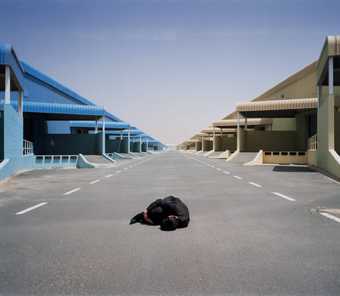Towards TomorrowвҖҷs Museum examines current questions and new models for the art museum. In times of change, how does an art institution think about its future trajectory? This eleven-week course considers the major questions that arise when rethinking the role of a museum, its programme and collection, and its position in a shifting cultural landscape.
Organised around a series of unique presentations by Tate staff on emergent programmes and practices, the course introduces and analyses key themes concerning the future of the museum. Modes of experimentation, critique and participation, the impact of publics, architecture, business and policy are all addressed in order to consider the development of museums and the transformation of Й«ҝШҙ«ГҪ in particular.
The global social and cultural dynamics of the early twenty-first century provide a shifting and complex context for this course. Consideration of the museum as producer in an international context, and its relationships with diverse publics and politics, provides a focus and a point of departure for tomorrowвҖҷs museum. °ХІ№іЩұрвҖҷs own prospects for the future are explored in discussion and engagement with key members of staff, from departments including Curatorial, Learning, Development and Research. Visits to the collection displays at Й«ҝШҙ«ГҪ accompany the seminar discussions.
No prior knowledge of art history or museum studies is necessary.
Participants will be encouraged to engage with a variety of material and to discuss their own interpretations in a warm, dynamic and supportive setting.
About Richard Martin
Richard Martin is a writer and lecturer based in London. He completed his PhD at the London Consortium, and has taught at Birkbeck, University of London and Middlesex University. His first book, entitled The Architecture of David Lynch, will be published by Bloomsbury in October 2014. He has led a series of events and courses at Й«ҝШҙ«ГҪ, including The Apathy Complex and On the Edge, and currently writes for the Tate Research Department.
- Course outline [PDF 90Kb]

